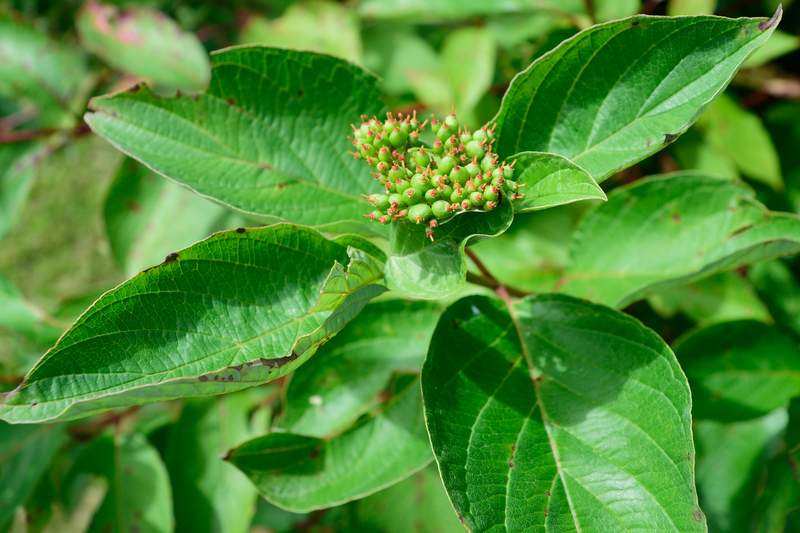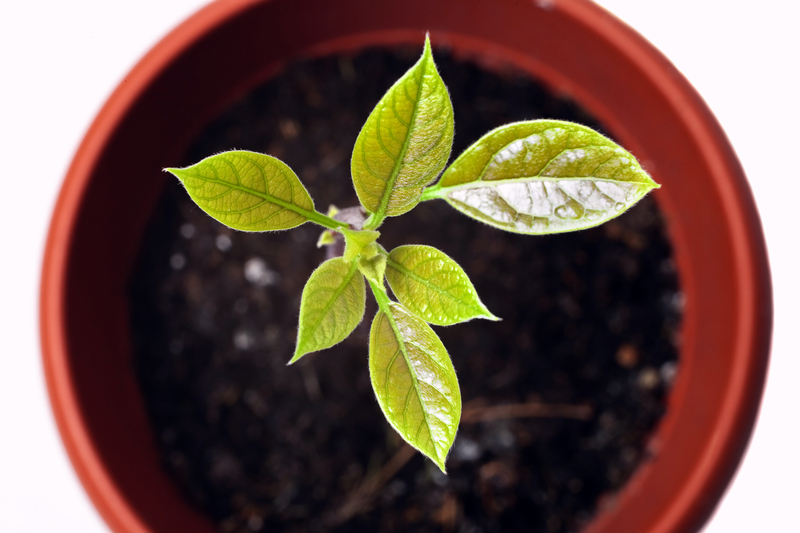The Best Plants to Keep Ants Away from Your Garden
Posted on 24/05/2024
Ants are great at managing their own colonies, but when it comes to invading your precious garden, they can quickly become a nuisance. Not only do they steal nutrients from your plants, but they also disrupt the soil and can even cause damage to plant roots. To avoid an ant infestation in your garden, you'll want to consider incorporating some natural ant deterrents into your landscaping. One of the best ways to do so is by utilizing certain plants that have been proven to keep ants away. In this article, we will discuss the top plants that are effective at repelling ants and keeping them out of your garden.
Top plants effective at repelling ants
1. Peppermint
Peppermint is known for its strong scent which is loved by humans but disliked by ants. This plant contains a compound called menthone, which is highly repellent to ants. You can plant peppermint around the perimeter of your garden, or even scatter crushed mint leaves around areas where ants tend to gather. Additionally, peppermint essential oil can be diluted with water and sprayed directly onto ant trails or affected areas.
2. Lavender
Not only does lavender add beauty and fragrance to any garden, but it also serves as an excellent ant deterrent. The strong scent of lavender is known to confuse and repel ants, making it a great choice for keeping them away from your plants. Planting lavender near entrances to your garden or in pots near affected areas can help prevent ants from invading.
3. Rosemary
Rosemary has long been used as a culinary herb, but its usefulness goes far beyond cooking. This fragrant plant contains compounds like camphor and ursolic acid that are effective at repelling ants. Like peppermint and lavender, planting rosemary throughout your garden can discourage ants from entering your space.
4. Chrysanthemums
Chrysanthemums not only add vibrant color to any garden, but they also serve as a natural pest control. These flowers contain a compound called pyrethrum, which is toxic to ants and other insects. Planting chrysanthemums in pots or flower beds around your garden can help deter ants from entering.
5. Lemongrass
Lemongrass is commonly used in Asian cooking, but it also serves as an excellent ant repellent. Its strong citrus scent contains citronella, which is known to repel ants. Planting lemongrass near the perimeter of your garden can create a barrier that will prevent ants from entering.
6. Marigolds
Marigolds are well-known for their ability to keep various pests away from plants, including ants. These vibrant flowers produce a strong odor that masks the scents of other plants and makes it difficult for ants to find their food sources. Planting marigolds near any susceptible plants in your garden can help keep ants at bay.
7. Basil
Basil not only adds flavor to dishes but also has ant-repellent properties. This aromatic herb contains eugenol, which is toxic to ants and can keep them away from your plants. Planting basil near affected areas or using it in homemade insecticidal sprays can effectively deter ants.


Pros and Cons of Using Plants as Ant Deterrents:
Pros:
- Natural and safe alternative to chemical pesticides.
- Can add beauty and fragrance to your garden.
- Often readily available and easy to maintain.
- Can serve multiple purposes, such as culinary herbs or pest control.
Cons:
- May not be as effective as chemical pesticides.
- Some plants may require specific growing conditions.
- Some plants may only repel certain types of ants.
- May take some time and experimentation to find the most effective plant combinations for your specific ant problem.
Tips for Incorporating Ant-Repelling Plants into Your Garden:
1. Choose a variety of plants: Using a mix of plants with different scents and compounds can provide better protection against ants.
2. Plant strategically: Place ant-repelling plants near entrances to your garden or areas where ants tend to gather.
3. Utilize pots and containers: If you have a small garden or limited space, planting ant-repelling plants in pots or containers can still provide effective protection.
4. Consider companion planting: Certain plants have properties that complement each other, making them even more effective at repelling ants when planted together.
5. Use essential oils: In addition to planting ant-repelling plants, you can also create homemade sprays using essential oils diluted in water to ward off ants.
In conclusion, incorporating certain plants into your garden can serve as a natural and safe way to keep ants away. These plants not only repel ants but also add beauty and fragrance to your garden. By strategically choosing and placing these plants, along with some additional tips, you can effectively prevent an ant infestation in your precious garden. Say goodbye to chemical pesticides and hello to a beautiful, ant-free garden with the help of these plant deterrents.






